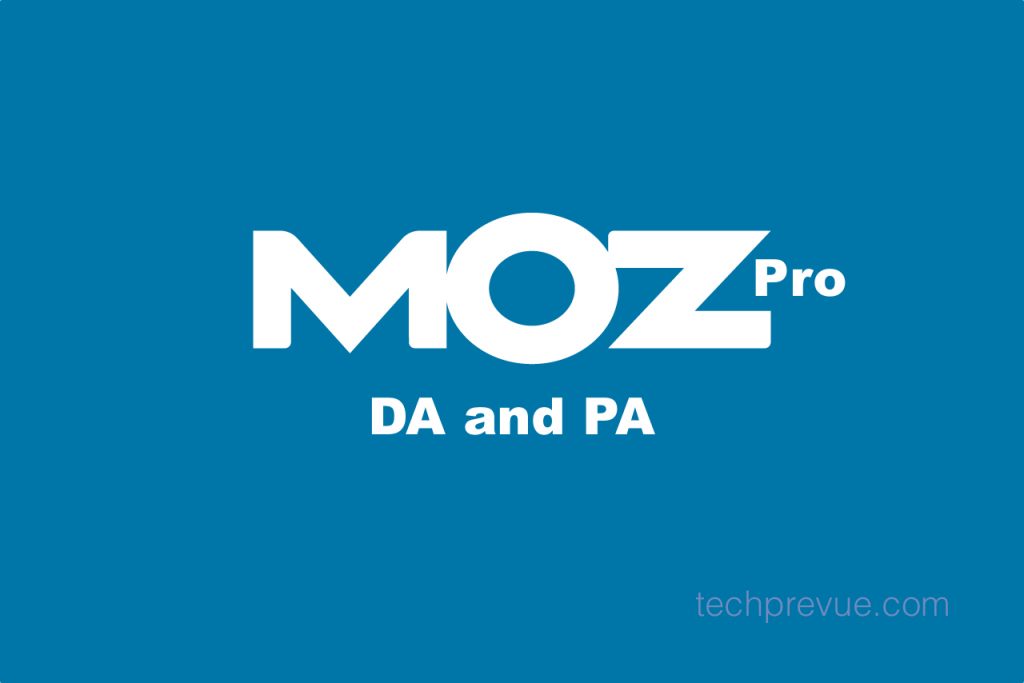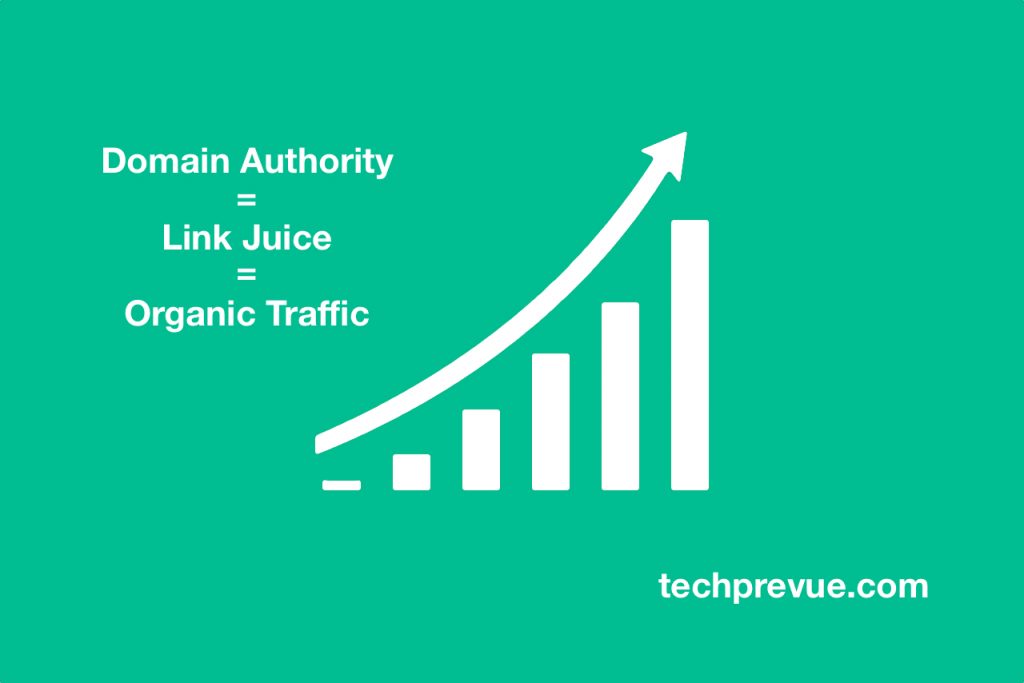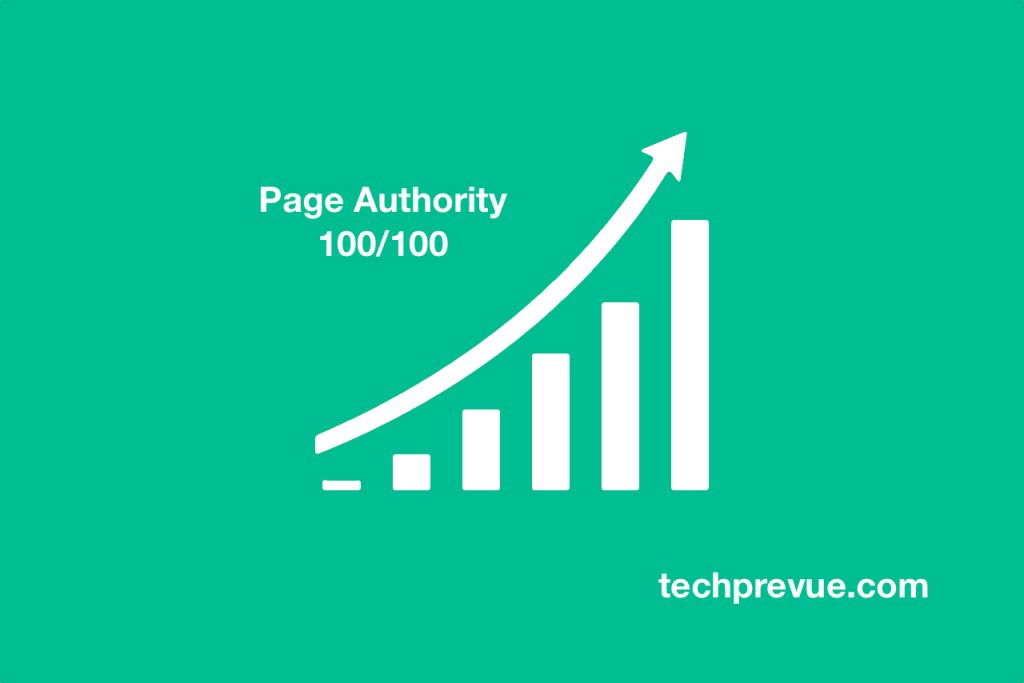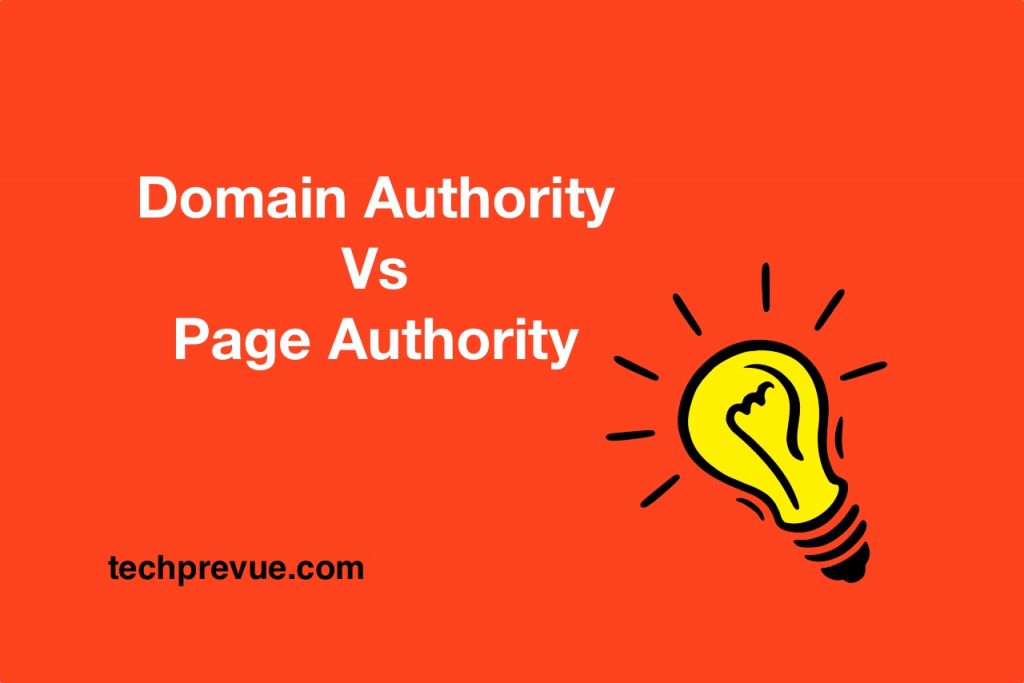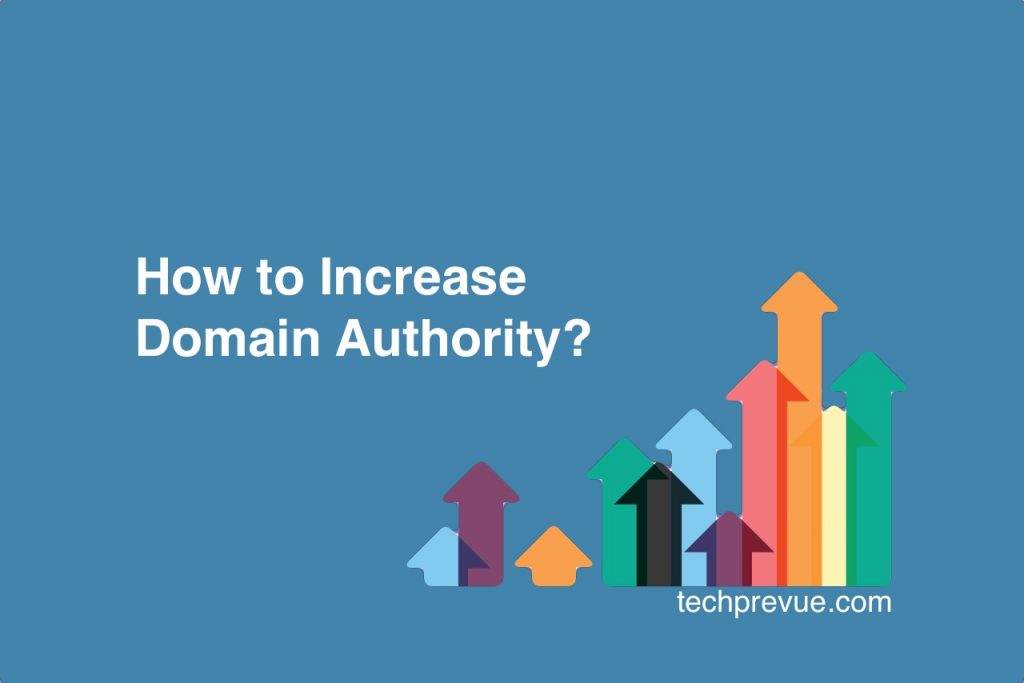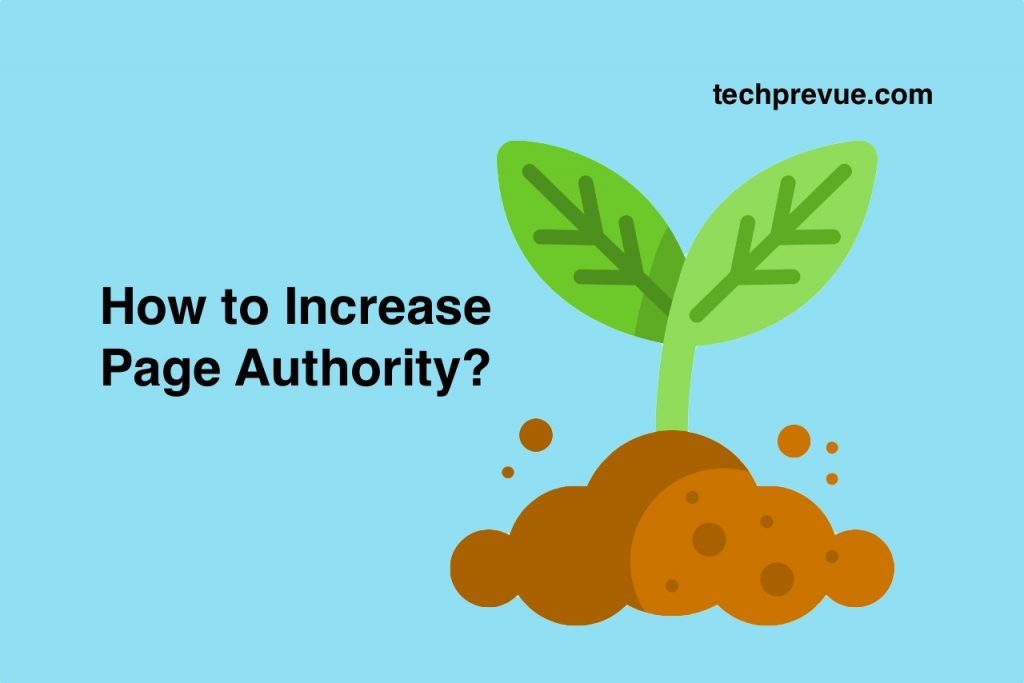Your DA and PA are important as they show these metrics can tell you how well your website is performing and show you what should be improved. Moz Pro can assist you in measuring your domain authority and page authority, so read on to find out how you can use this tool to your advantage.
What is the Moz Pro?
Moz Pro is not just one tool but a set of SEO tools that allow you to perform actions ranging from keyword targeting to creating reports. Its most valuable features allow you to increase traffic, visibility, and rankings. Let’s look at each of its tools more closely.
Keyword Explorer
Keyword Explorer allows you to work with keywords faster and make the process of finding relevant keywords easier. This helps you create great content and answer the questions relevant to your target audience. Moreover, you will be able to target keywords in appropriate volumes and difficulty metrics as well as save them in lists to track and update later.
Site Crawl
Site Crawl allows you to crawl and audit your websites and spot various harmful issues such as technical errors. Site Crawl does not only find such issues but also tells you how to solve them. It also finds malfunctions in your site that don’t let search engines crawl your website properly. Besides, you get alerts for such issues that are discovered by the tool.
Rank Tracking
Rank Tracking is a feature Moz Pro offers that allows you to do exactly what its name says: track your rankings. It is somewhat connected to the keyword tool, but you can also track your competition with the Rank Tracking feature. You can track both local and national searches and even get a Search Visibility score.
On-Page Optimization
Moz Pro has a tool for on-page optimization that allows you to achieve several goals at once. It audits the content on your pages to recommend to you what could be improved so that you rank better for your target keywords. Moreover, it also gives you suggestions for the kind of content you should create next based on your current rankings.
Link Explorer
Link Explorer is a tool that helps you with links just like the Keyword Explorer helps you with keywords. This feature allows you to maximize the effectiveness of your current links and to find new links. There are also various metrics you can access, such as Spam Score, Page Authority, and Domain Authority. By the way, you can track your competition too.
Custom Reports
The last feature, Moz Pro offers, is the creation of custom reports. You can craft these by dragging and dropping various modules and annotations to form a customized PDF. Moreover, there is also an option to schedule reports that should be sent to clients and stakeholders. When it comes to pricing, Moz Pro first offers you to try out a 30-day free trial before you can switch to one of the paid plans that range from $99 to $599 per month depending on the features. The most popular plan is Medium ($179/month), which has everything except for an Account Manager and Speed Crawling.
What is Domain Authority (DA)?
Domain Authority (also known as DA) is also a score developed by Moz that predicts the chances of your website ranking high on search engine results. Just like the Page Authority score, the Domain Authority ranges from 1 to 100. The higher the number, the better your score is, and the higher your website is likely to rank. Multiple factors are taken into account when calculating the DA of your website. These include the total number of total links and the linking root domains, among others. Domain Authority score is helpful for tracking the ranking strength of your website and then comparing it to the DA scores of other websites. The scoring logic is the same as with Page Authority. It is important to mention that neither Page Authority nor Domain Authority is considered an official factor that can influence Google’s SERPs. Of course, they will be very useful for website owners, but they should be treated rather as orienteers rather than metrics set in stone. Just like with PA, DA does not have a “good” or “bad” score. More often than not, websites with many high-quality external links will have very high DA scores. Websites that are just starting out and have been recently created will have a score of 1. To check your website’s Domain Authority, you can take several routes:
You can use MozBar, which is a free browser extension. Or you can use Link Explorer, Moz’s backlink analysis tool. Alternatively, you can check the SERP Analysis section in the Keyword Explorer.
What is Page Authority (PA)?
Page Authority (also known as PA) is a special score developed specifically by Moz that predicts the chances of your page ranking high in search engine result pages (SERPs). Page Authority scores are represented as a number between 1 to 100. The higher the score, the more chances there are that your page will rank better. Page Authority takes into account a variety of factors, and Moz uses its own web index to analyze the data they get about the pages on your website. Every URL on your site will have a separate PA score calculated with the help of a machine learning model that focuses on the various algorithms and how they suit your rankings. Moz makes sure to regularly update its algorithm to produce the most accurate PA scores. The scale is logarithmic, which means that it is much easier to grow your score from 20 to 40 points than it is from 70 to 90. Because of the constant upgrades of the feature, you may be seeing occasional fluctuations in your score. The best way to use your Page Authority scores is as a comparative metric rather than an absolute one. There is no concrete “bad” or “good” score, so don’t panic if you see that your score is seemingly low. Besides, Moz will be giving you tips on how you can grow your PA score, and you will eventually see it increase. More often than not, you can view your Page Authority scores in the various SEO tools available online. Moz, obviously, also has this feature easily accessible in various places:
You can view it through MozBar, Moz’s free SEO toolbar. Or you can check it in the SERP Analysis section in the Keyword Explorer. Alternatively, you can purchase the fool toolkit in the form of Moz Pro.
Difference between DA and PA
Page Authority and Domain Authority may seem like they are the same thing, but they are actually quite different. To understand these differences, let’s first look at the technical definitions of PA and DA:
Page Authority
PA is based on over 40 various factors and is calculated just like DA. However, it doesn’t take into account certain on-page elements like keywords and content optimization. Just like with DA, a machine-learning algorithm is used for PA.
Domain Authority
Unlike PA, DA is about the score of the domain rather than each separate page or URL on this domain. DA is also relative to other sites, so you will often see changes in your score (both for PA and DA). The biggest difference is that PA is about specific page rankings while DA is about domain (or overall website) rankings. Both PA and DA are important, but the latter one is probably more so. A strong Domain Authority score will make the various pages on your website rank better and will give you more chances to compete with other similar websites and come out on top.
Tactics for Improving DA
Your Domain Authority is probably way more important than your Page Authority score (as mentioned earlier in this article). This means that you may need to put in more effort into improving your DA score and focus on it more. Here are the top tactics to try out:
Choose a Great Domain
If you haven’t launched your website yet, it is important that you start preparing right now to make your DA score higher. Choose a great domain name that will be relevant to your topic and can easily be remembered. You want visitors to come back and find your site even after forgetting about it for a while. Consider purchasing an old domain if that seems like a better choice for you. Remember that your domain should not be too long or complicated, as this may confuse your visitors. Besides, sharing a short domain name is much easier.
Ensure Mobile-Friendliness
More often than not, your website will be accessed from a mobile device like a smartphone or tablet. This means that your number one priority should be mobile-friendliness. This is not just to ensure that your visitors get the best experience but also to improve your search rankings and your DA score. Google takes into account your site’s mobile version, so you will discover that you rank higher if you have such a version of your site (or if it is optimized for mobile in a different way). You don’t want visitors leaving because your website didn’t display well on their device.
Improve Page Loading Speed
The faster your pages load, the more likely your visitors are to remain on your website instead of leaving. You will need to improve the loading speed of each page separately, but it will all come down to your Domain Authority in the end. Page load speeds are directly related to your bounce rate, so this aspect is really important for the performance of your website. In the next section of the article, you will see a tool that will help you to check your page load speeds. Definitely check it out.
Optimize On-Page Content
All of the content on your web pages must be optimized. Such elements as title tags, image alt tags, and other on-page code requires special attention. And don’t forget about the content itself too (whether it is text, image, video, or something else). Keep your permalinks short, and vary your keywords by using both short and longtail ones. You can also create a sidebar section for such things as new posts. Search engine optimization is an integral part of increasing your rankings and always has been such, so don’t overlook or ignore it.
Improve Internal Linking
The topic of link-building has been covered a bit in the section with tactics for improving PA, but it is still important to go through it here too as it is essential for your DA. It’s okay to be concerned with external linking, but that shouldn’t come at the expense of internal linking. Internal links improve user experience and engage visitors more. They also help bots crawl and index your website easier. All of this leads to a better DA score and higher search rankings.
Remove Bad Links
As mentioned earlier, removing bad or harmful links will eliminate the possibility of them worsening your rankings. By the way, you should also look out for broken links or outdated links as they do you no good either. This often happens if you switch from one domain to another or change its form (e.g., you changed from yoursite.com to www.yoursite.com) Make sure that the old URL redirects to your new one. Reach out to the sites that have broken links to your website and ask them to change the links. You will be doing both yourself and Google a favor.
Create Linkable Content
Linkable content is the one that other websites will want to link to. Read this as “high-quality, relevant content”. If you can create such articles, videos, and so on, you will be able to get the attention of everyone: search engines, visitors, and other websites. Publish content regularly and try to stick to a certain schedule so that you have a steady flow of great content that is relevant for your audience and optimized for search engines. Authoritative sites like including links in their content, and if your articles seem like the best option for this, you will only benefit from it.
Grow Your Authority
You need to become an authority in your niche for several reasons. It will improve your reputation dramatically, and you will be able to attract more readers. This will lead to better metrics and in turn, better rankings. Besides, being an expert in your field is essential for your business to succeed. Guest blog on other similar websites and show your knowledge of the industry. Then, link to your own articles and to your website.
Use Social Media Promotion
If you aren’t using social media already, now is the best time to start. Social media platforms are a great environment for growing your follower base, improving brand awareness, connecting with other businesses, and so much more. Choose the platforms where you want to have accounts and start posting! You can also start using influencer marketing or launch a Facebook Ads campaign depending on the goals you are pursuing apart from improving your DA. Don’t simply try to sell your product or services but attract attention to your content.
Tactics for Improving PA
Now that you know what the Page Authority and Domain Authority are, you should learn about some good techniques that will help you increase your PA and DA. Most of them may influence your scores indirectly, but they still work. Here are the top practices for increasing your Page Authority score:
Improve the Link Profile
Improving the link profile of the page that needs a better PA score is the perfect way to go. You can do this by getting external links from various high-authority pages on other websites. The essence of link-building is on the page level, so this tactic is best used for Page Authority rather than Domain Authority even though it will still influence the latter as well as the former. Try to create content that other sites would be interested in linking. You can also use guest posting to get your links onto certain sites. Moreover, claim your links by finding websites that mentioned you but didn’t include a link. Reach out to the owner of the site and ask them to add one.
Spread the Link Juice Evenly
Some of the pages on your website will have a better PA score than others. Your aim is to divide the link juice among all of your pages equally. By linking your pages internally, you will be able to redistribute the authority. So, for example, if you have a low-ranking page, make sure that you link to it and from it to your other pages that rank higher. Just make sure that the links are relevant to the topic. This way, your readers will get a better experience, and such metrics as average time spent on your website will also improve.
Create Useful and Relevant Content
The better your content is, the more attention it will attract. You will start getting more backlinks from other sites, and your website visitors will stay on your site longer. Don’t diverge from the topic and try to go into as much detail as possible so that you are truly helpful for your readers. Don’t stress about the length of your article as there is no ideal length, and simply ensure that you’ve done a good job with covering the topic. Try to stick to the more popular article types such as listicles and how-tos as they have a bigger sharing rate (they are shared on social media more often).
Remove Harmful Links
Good links can improve your Page Authority, but bad ones can harm it. This is why you need to remove harmful links to your page regularly. Your rankings may drop if you don’t do this, as all of your hard work with useful links will be virtually nullified. Use the Google Search Console to conduct a link audit and detect the links that may be unfavorable for the well-being of your pages. Identify the links that have an irrelevant anchor text, are site-wide links or come from shady sites and questionable industries (e.g., porn, gambling, etc.) Reach out to site owners and request for the links to be removed. If that doesn’t work, you can use Google’s disavow tool.
Remember about Domain Authority
In some way, your Page Authority score is closely linked and dependent on your Domain Authority score. This is why you need to work on your DA too. The authority of each separate page can increase when your DA increases. There is no need to go into much detail about improving your DA score here because the next section in this article is dedicated specifically to that. The general techniques are quite similar, but there are still some other things you can try.
Tools to Help You
Along with Moz Pro, you can use some other valuable tools to help you improve your PA and DA scores:
Keyword Tool: For finding the best keywords for your topic, both short and longtail. Google Analytics: For checking web stats and search insights. Google Search Console: For website analysis, alerts, and reports. Google PageSpeed Insights: For assessing how fast your pages load. Bing Webmaster Tools: Alternative to Google Search Console (the same but for Bing). Google Trends: For checking what topics are popular. XML Sitemaps: For building XML sitemaps. Copyscape: For finding duplicate content.
Final Thoughts
All in all, Moz Pro is definitely a very useful toolkit for any and all website owners that want to organize their workflow and get access to various SEO tools. Domain Authority and Page Authority are both very important and need to be tracked all the time to ensure that your site is performing well. Go through this article again and start using the techniques in it.
